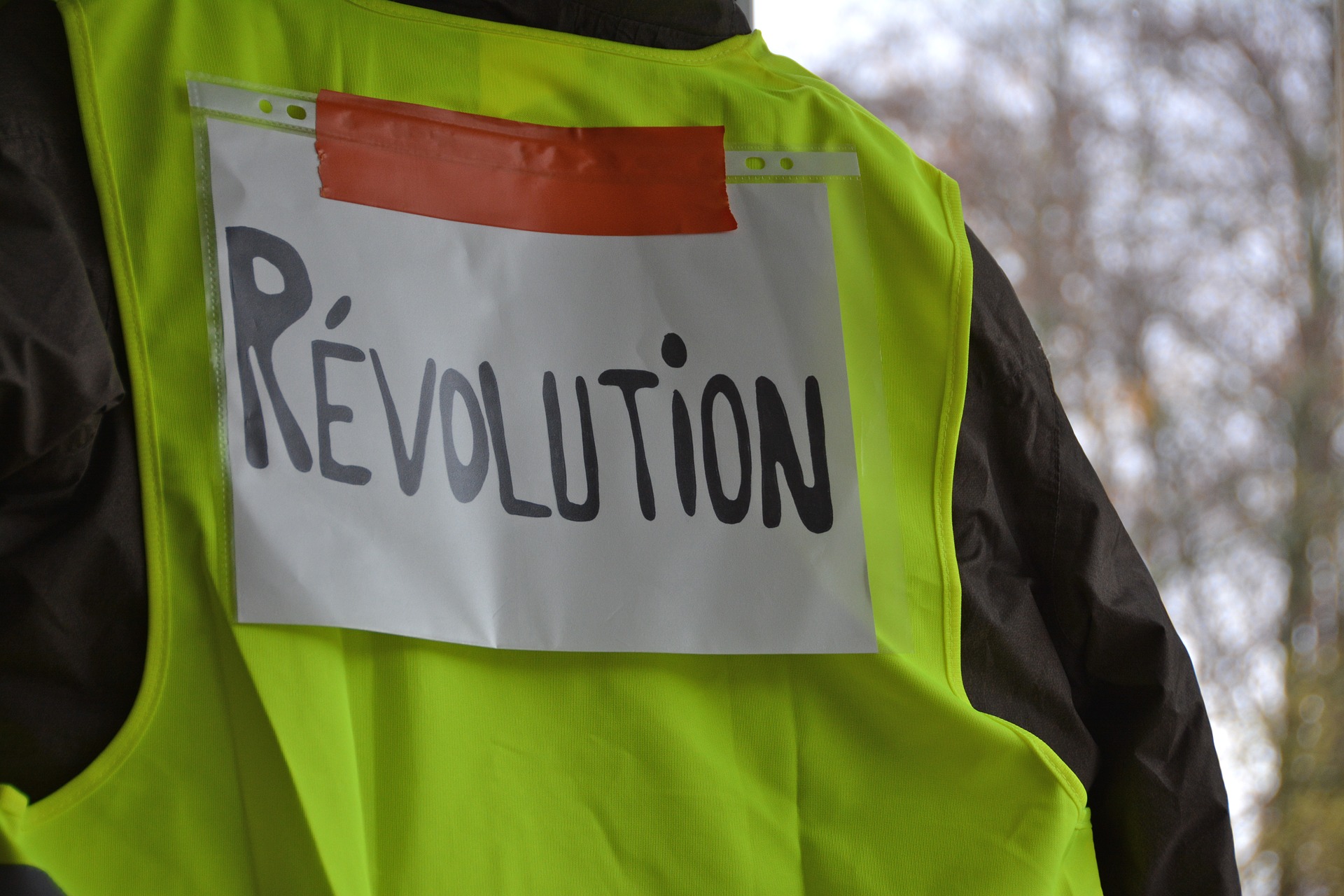2019-01-09
Analysis 1/2019: The Mass Demonstrations in France is a Reaction to the Effects of Interventionism, Not Liberalism

- Mass protests of the “yellow vests” have been taking place in France since 17 November 2018. The demonstrations are accompanied by numerous acts of vandalism: burning cars, knocking out shop windows or devastating the Arc de Triomphe. The catalyst of the demonstration was a fuel tax increase, supposed to place a disproportionate burden on the middle class from the province. However, the list of demands quickly grew to include various social and protectionist slogans. The protestors are demanding a simultaneous growth of the state and a reduction of taxes.
- For some commentators, the riots in France have become an excuse to put the traditional blame on liberalism. They speak of “the process of disintegration and transformation of the structures of power created in Europe by post-war liberalism” (Cichocki 2018) – despite the omnipotence of bureaucracy in France. They say, that “the current neoliberal paradigm has been discredited” (Zielonka 2018) - despite the overregulation of the French economy. Or they argue that it is “the policy of liberal elites that strengthens the extreme right” (Tok FM 2018) – despite the stable several percent of support for nationalists in French elections for the past 30 years, at a time when a developed social state lasted at its best, without the market reforms that have been implemented in other European countries. These are therefore utterly false diagnoses.
- If liberalism is to be interpreted as economic freedom, France is very far from this ideal. While the majority of Western European welfare states, such as Sweden and Germany, have carried out profound reforms in the last three decades, the country on the Seine is still one of the most bureaucratized and state controlled economies in the European Union:
- In the latest edition of the Index of Economic Freedom (Heritage Foundation) France is only 34th out of the 45 included European countries, and 29th out of 44 countries of the Old Continent in the Economic Freedom of the World (Fraser Institute).
- It has the highest public spending and the second highest social welfare spending in the European Union. The lack of reforms means that both remain significantly higher than in Sweden or Greece, countries known for the bloated government.
- The state-owned enterprise sector is the fourth largest in the EU. It is more extensive only in Poland, Croatia and Romania, where privatization after the socialist era has not been finished.
- The average effective retirement age of men in 2016 was 60 and was the lowest among OECD countries. The cost of pensions in France is the third highest in the EU and is rising rapidly.
- Public debt is 98% of GDP, the fifth highest in the EU. Only Belgium, Greece, Italy and Portugal score worse than France.
- The country's labour market is over-regulated. France also ranks fourth in the EU in terms of salary taxation. This results in a low employment rate, including migrant employment, and a high youth unemployment rate.
- In the latest edition of the Index of Economic Freedom (Heritage Foundation) France is only 34th out of the 45 included European countries, and 29th out of 44 countries of the Old Continent in the Economic Freedom of the World (Fraser Institute).
- Over-regulation and high taxes on labour, blocking young people's access to the most productive jobs, limit social mobility in the conditions of economic stagnation and provoke protests.
Authors:
Rafał Trzeciakowski, economist
[email protected]
Marcin Zieliński, economist
[email protected]
Files to download

